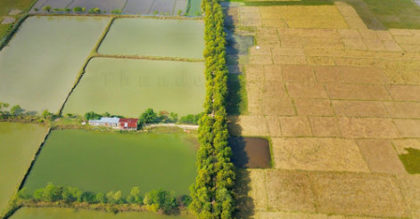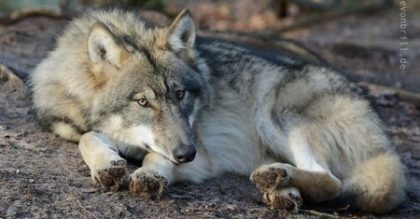Greetings, future friends! I'm writing to you from the past, before Election Day in the United States. I hope you were all able to vote as you deemed appropriate, and you were able to do so safely. Maybe by Wednesday morning (or whenever you read this) you know the outcomes or maybe not; I certainly don't here in the past. But I am reasonably confident that, regardless of the results, we'll still need to come to grips with our political polarization or political sectarianism. To that end, we may benefit from a body of … [Read more...] about Science Corner: Party People
election day
Science Corner: The Voting of Science
Election Day is next week in the United States. We could talk about electoral science, like how to design and interpret polls or the significance of results like the median voter theorem or Gibbard-Satterthwaite theorem. But I was more interested in the science up for election. And while I suppose the national races could be seen as a referendum on competing pandemic responses, there's a lot more on the ballot than the presidential race. Via ballot initiatives, voters in several states have the option to directly decide … [Read more...] about Science Corner: The Voting of Science
Stewardship, Membership, and Voting: Reflections on Wendell Berry’s A Place on Earth
The main character of Wendell Berry's A Place on Earth, as in many of his novels, is the fictional town of Port William, Kentucky. While Berry is a masterful storyteller, the narrative is less important than the relationships that the characters have with each other, with the town and surrounding farmland they inhabit, and with the land itself. Berry continually returns to the question of what effect a character has on the people, town, and land around him. When a character is introduced, Berry will often describe … [Read more...] about Stewardship, Membership, and Voting: Reflections on Wendell Berry’s A Place on Earth


